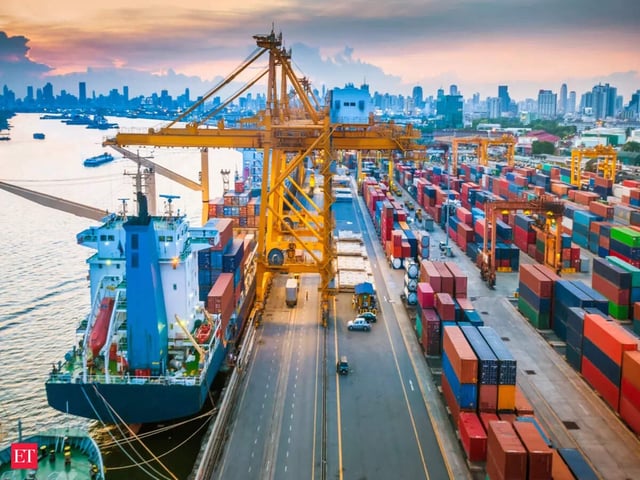Overview
- India’s agreement with the four‑nation EFTA bloc entered into force on October 1 and was launched at a high‑level event in New Delhi attended by Commerce Minister Piyush Goyal and EFTA representatives.
- EFTA committed $100 billion of FDI over 15 years ($50 billion in the first 10 years and $50 billion in the next five), with India retaining the right to withdraw tariff concessions if investment timelines are not met.
- Market access begins under phased schedules: EFTA opens 92.2% of tariff lines covering 99.6% of India’s exports with full duty elimination on non‑agricultural goods, while India covers 82.7% of tariff lines for 95.3% of EFTA exports and keeps gold duties unchanged.
- Sensitive sectors remain protected, including dairy, select agricultural items, pharmaceuticals, medical devices, soya and coal, as India also details product‑wise cuts such as staged reductions on wines and immediate zero tariffs for many medicines, textiles and steel items.
- Services gains include broader commitments across 100+ sub‑sectors, provisions to ease temporary movement of professionals and pathways for mutual recognition of qualifications, supported by an operational India–EFTA Desk to facilitate investment projects.



